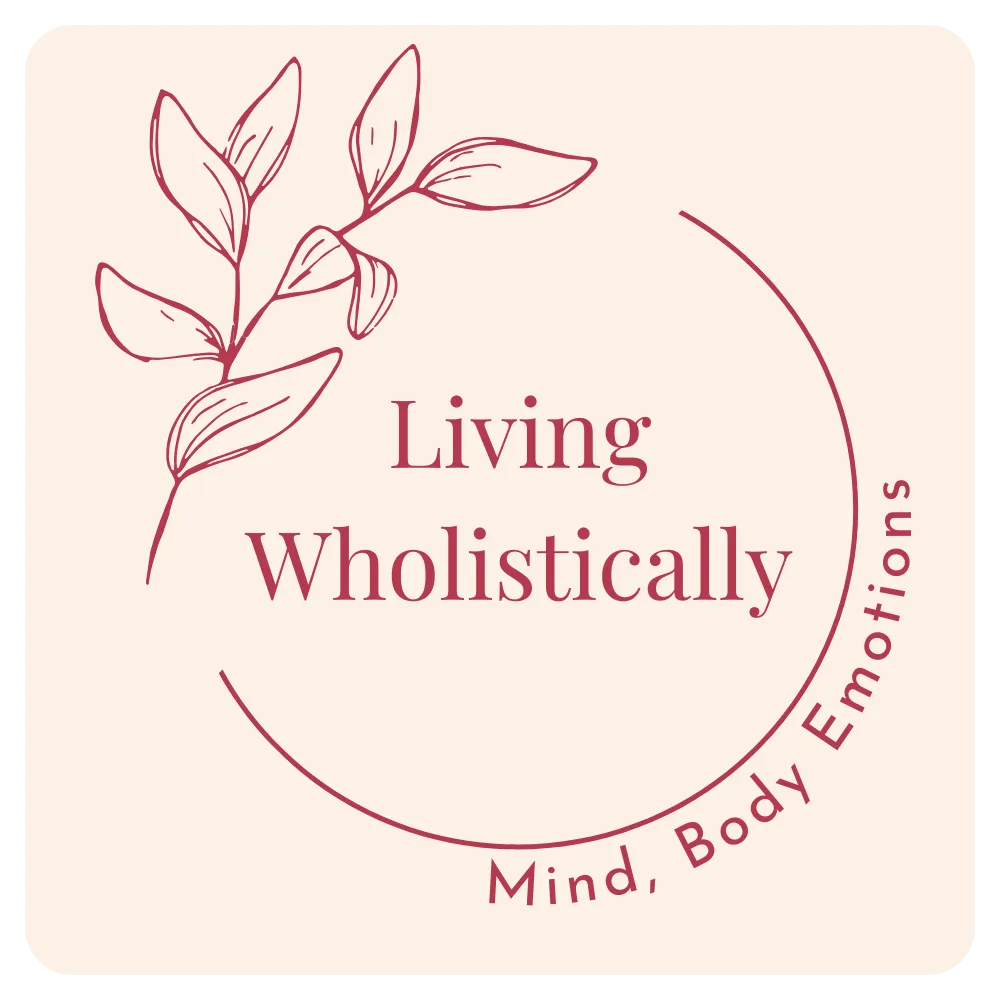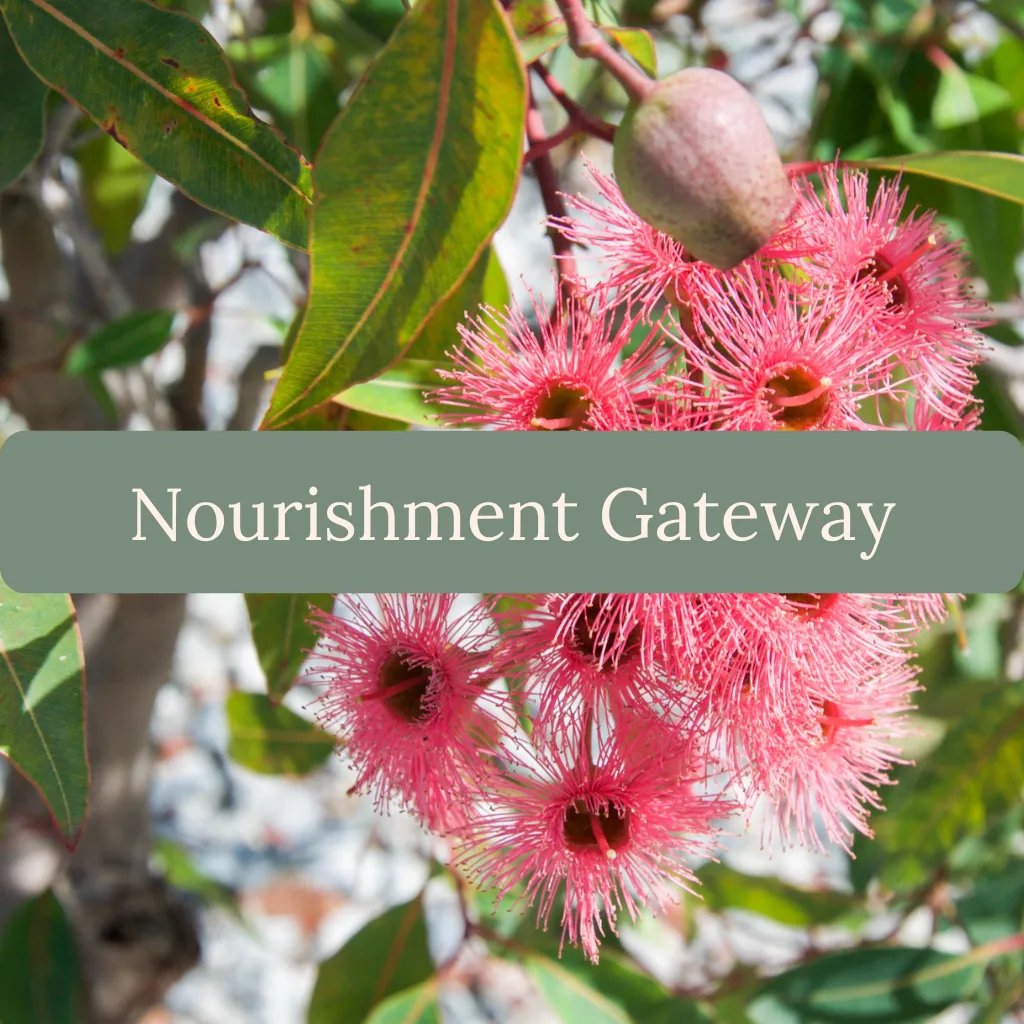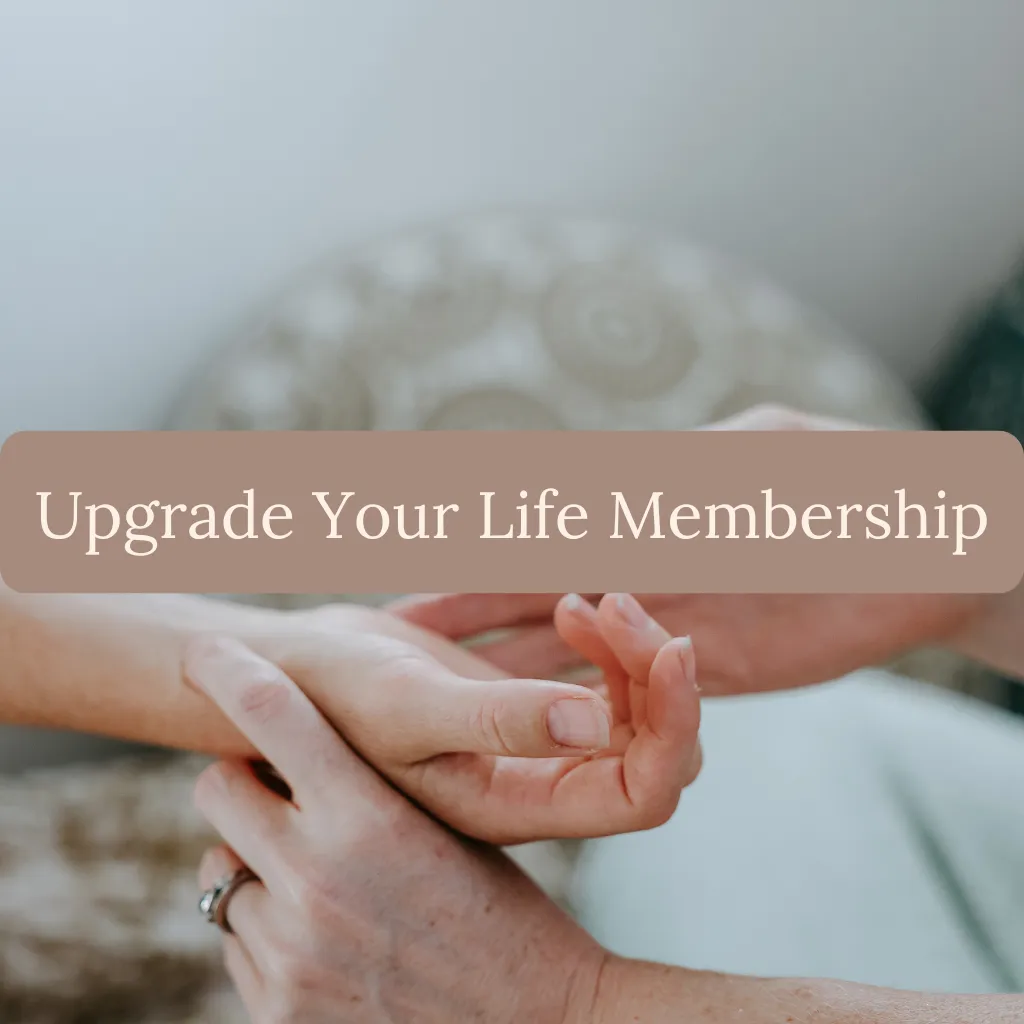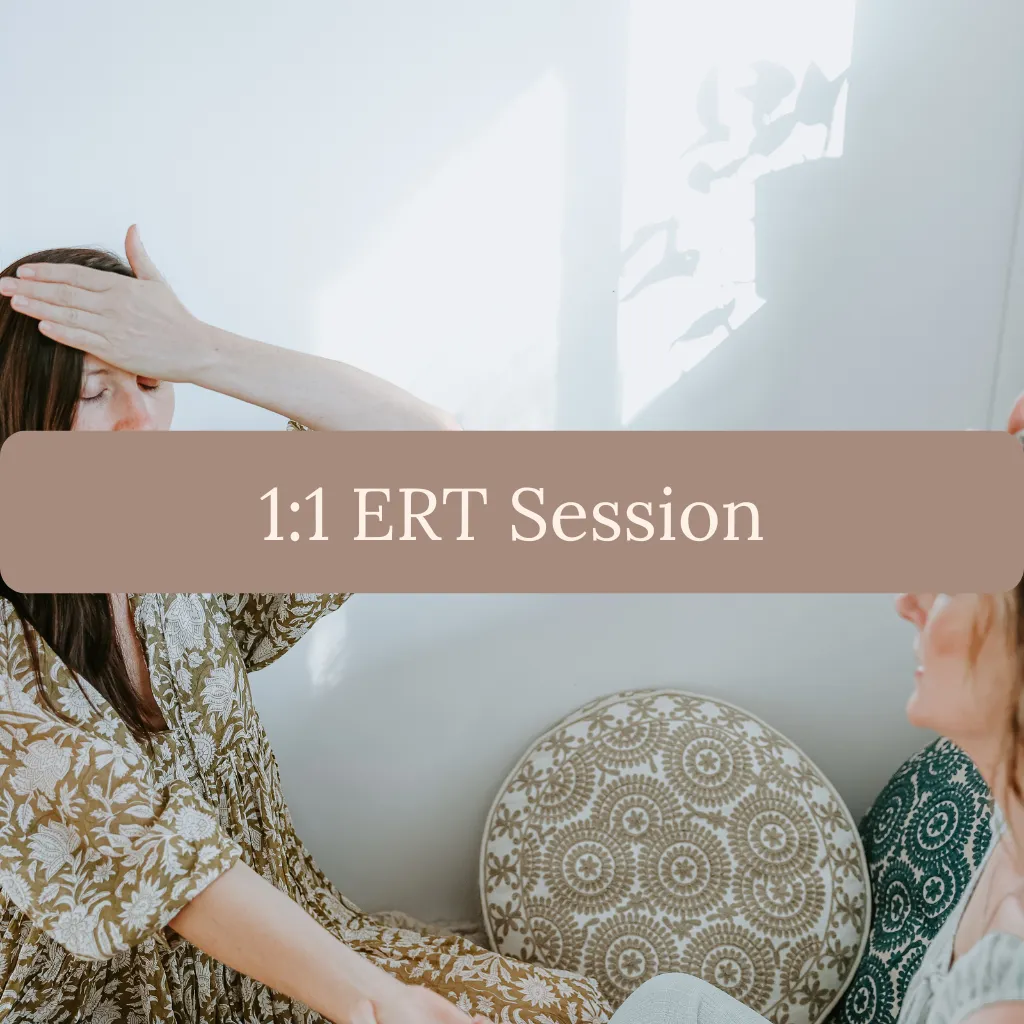When You Feel Lost, You’re Closer to Yourself Than You Think
Have you ever woken up and thought, “Who am I? What am I doing here? I'm not even happy..."
Maybe you're overwhelmed, disconnected, or simply moving through your days feeling like someone else’s version of yourself. The whisper inside says: Something's shifting but I don’t know what or where to go.
That in-between place, the silence before the next chapter, is exactly where the return begins.
My Story: Disconnecting to Reconnect
A few years ago, I found myself slipping into bed by 7 pm most nights; no TV, no phone, simply darkness and silence because the idea of connecting felt unbearable. My identity had shrunk in relation to the size of my exhaustion.
I started to retreat from my family — from my husband, my children, my own sense of aliveness. Not holding space for my children’s bedtime, not listening to my husband’s day, not even letting myself feel fully present. Instead, I numbed out and slept to escape the overwhelm. I couldn’t explain it, but something in me had gone quiet. I felt like a stranger in my own life.
Yet, paradoxically, that breakdown was also a breakthrough. It marked the beginning of something tender, something true. Something I didn’t see at first: I was between versions of myself. And in that space, so unrooted, I was closer to myself than I would ever be when connected to others.
When Identity Unravels
So many of us reach a point where we say:
“I don’t recognise myself anymore.”
“I’m doing all the right things, but I feel empty.”
“I love my family, but I miss me.”
These are not signs of failure. They’re invitations.
This disorientation often comes with physical and emotional symptoms:
Chronic fatigue / emotional flatness: You feel drained even after rest, joy feels distant.
Desire to isolate: Busy rooms, family dinners, even small talk feel like too much.
Loss of interest / inability to focus: Hobbies or passions feel empty or distant.
Inner dissonance: Doing “all the right things” but feeling off-kilter inside.
Unexplained anxiety or overwhelm: That nervous consumption of comfort food, scrolling, or numbing behaviours.
These experiences are not signs that something's broken. They're your internal compass, pointing to change.
For me, the craving for silence wasn’t just burnout; it was my soul calling me back. The chronic exhaustion wasn’t shame; it was a signal that I’d been living too long in survival mode, and my identity needed reclaiming. And deep down, it was my soul asking: Can we start again?
Unravelling Isn’t the End — It’s the Beginning
For me, the healing began not with fixing myself, but with facing myself.
Through journaling, I started asking new questions:
What parts of me feel true?
What’s actually mine, and what’s inherited?
Who am I beneath the to-do list?
Each answer was a layer of dust brushed away. Patterns of people-pleasing and shame revealed themselves. Misplaced expectations were noticed. Repressed desires dared to surface.
Meanwhile, I stopped trying to "fix" myself with more tools or wisdom. Instead, I listened to the answers, written by hand, and let the pen draw me back to who I’d always been.
Emotion Release Technique (ERT) partnered beautifully with that journaling work, I began clearing the energetic and emotional blocks that were keeping me stuck in patterns of shutdown, overwhelm and self-abandonment.
Each session was like lifting the fog. Not a dramatic change, but a steady return. I didn’t emerge with a “perfect answer” but I did emerge knowing something more truthful about myself.
The Foundation of Healing? Identity.
There’s a reason why starting with identity makes the rest of your healing smoother.
When you know who you are, healing isn’t just about managing symptoms; it’s about aligning your entire life with what’s true.
Boundaries feel real, not like an act.
Self-care flows from within, not from guilt or I shoulds.
Coaching, therapy, journalling lands deeper.
You stop answering to others’ expectations and start choosing from your values.
Instead, you begin to move with clarity. With peace. With choice.
Healing without identity is like building a house on shifting sand. But when you remember who you are? Everything else settles into place. Healing tools become allies, not diversions.
You’re Not Lost. You’re Becoming.
Maybe you haven’t fully lost all sense of self yet. But if you’ve thought, even once, that you don’t know who you are, then you're already standing on the edge of discovery.
That moment of “I feel lost” can be one of the most beautiful moments because your compass is still working. Your identity is still listening. You might just be holding space for a version of yourself you’ve forgotten. The woman you were before the burnout, the overwhelm, the shutdown, she’s not gone.
She’s under the surface, waiting for space to breathe.
If you’re here, reading this, nodding along, maybe even crying a little, then you’re closer to yourself than you realise.
This is the part where everything starts to shift. Quietly. Gently. Powerfully.
A Supportive Step Forward
If you're ready to meet yourself again with depth, compassion, and grounded guidance, I created something just for this moment.
The Unstuck Identity Workshop is a gentle guided space to:
Reflect on who you are (and who you’re not)
Begin clearing the emotional blocks to self-trust
Start walking forward with clarity and compassion
It’s a powerful, doable place to begin — whether you’re new to healing or ready for a deeper layer.




